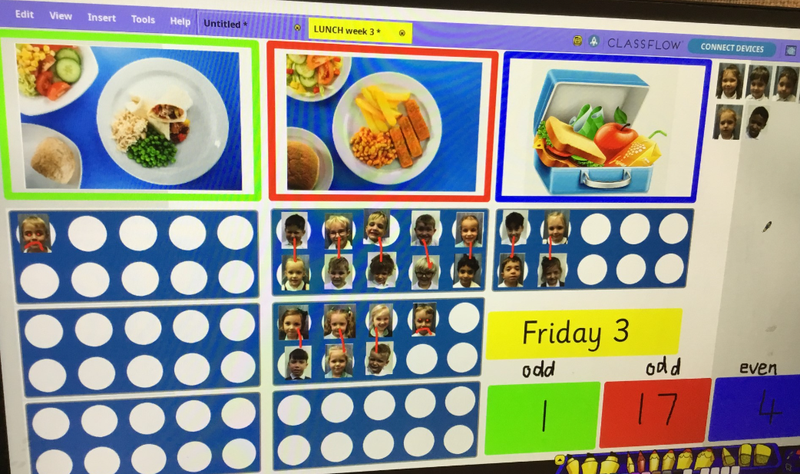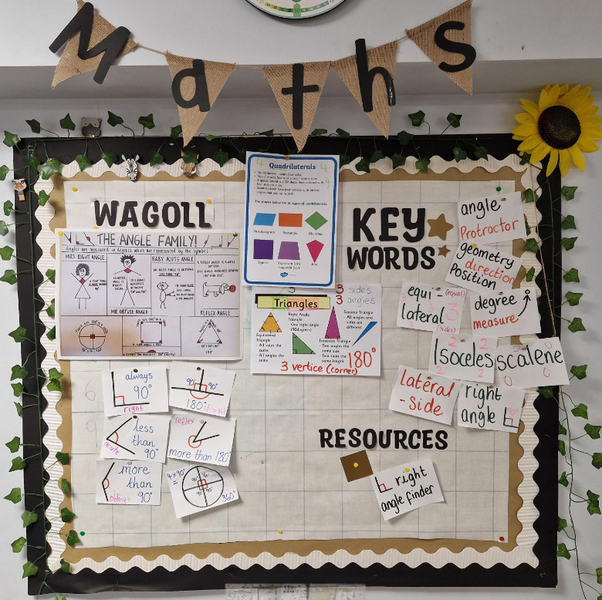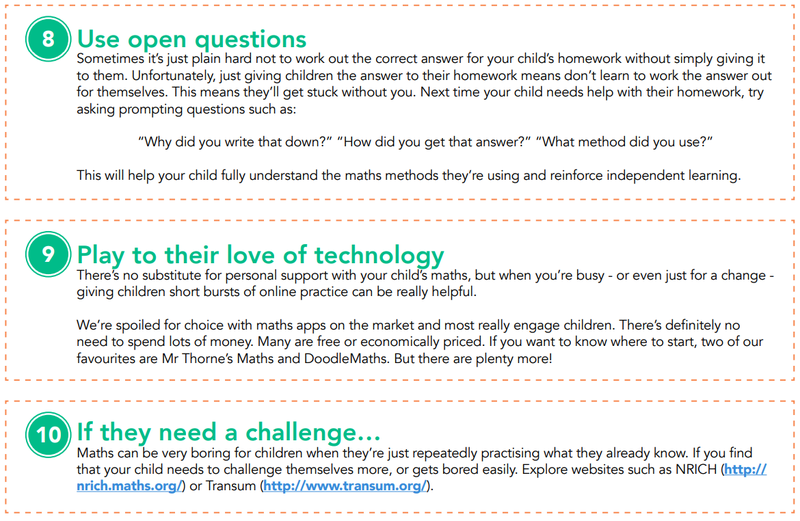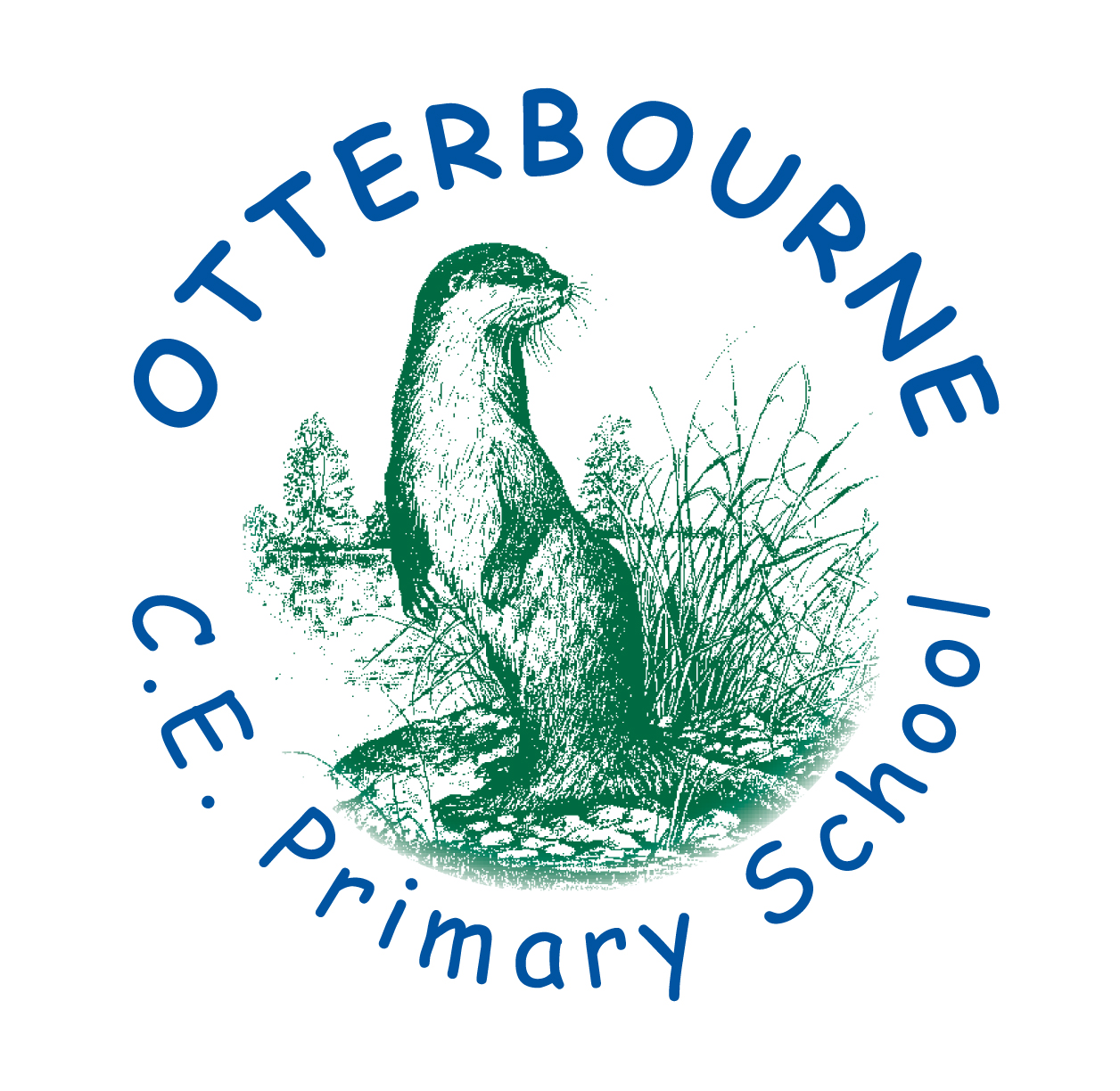Maths
Year R - Firm Foundations Numicon Maths Scheme
Numicon is a multi-sensory maths programme that encourages children to see and do maths using structured imagery and apparatus. Through active investigation with problem-solving at its heart, Numicon Firm Foundations supports children to reason and communicate mathematically with confidence.
The children love the interactive maths area in their classroom, which also contains lots of lovely natural resources and small parts as well as the Numicon resources.


Every morning, the children use Numicon to choose their lunches. They are able to understand the meaning of odd and even numbers depending on whether they have a lunch 'partner'. When a ten frame is completed, the children are able to describe it as "a whole ten". We use this register to count, write numbers, look at odds and evens, and think about tens and ones. This is a great example of how Numicon allows us to embed maths and key vocabulary in to every element of the school day.
Year 1 - Continuous Provision
Continuous provision contains carefully chosen and organised quality resources placed in areas which are always available for children to access independently across every area of learning. Children are ‘learning through play’. This method of learning allows time for children to get the scaffolding and differentiation needed to meet their needs, whilst the rest of the children are working at their level with carefully challenged enhancements and play opportunities.
Years 2 - 6
In these year groups, we follow the Hampshire model which is a spiral approach to teaching mathematics. This means that concepts are covered numerous times over the year to ensure full coverage, the opportunity to embed learning and consistent building on prior learning.
The spiral approach to curriculum has three key principles:
- Cyclical: Students should return to the same topic several times throughout their school career;
- Increasing Depth: Each time a student returns to the topic it should be learned at a deeper level and explore more complexity;
- Prior Knowledge: A student’s prior knowledge should be utilised when a topic is returned to so that they build from their foundations rather than starting anew.
In Maths, we focus heavily on making links to real like scenarios within our teaching, which makes it practical and meaningful to the children. We also love to make use of our beautiful outdoor environment and take our learning to the woods, the orchard or the playground as much as possible!
Our working walls are extremely adaptive and focus on the key vocabulary, resources and good examples of the maths concept the children are working on. The children are encouraged to use their maths vocabulary during each and every maths lesson.

How to help your child with maths at home!
Parents have a great opportunity to develop their children’s maths skills at home by involving them in everyday activities. If your children can help you find the best deal for your car insurance or work out which supermarket deal is cheapest, then it’s helping them understand maths in real life. It also helps develop their basic maths and problem solving skills, which are really important in the UK primary curriculum. Don’t underestimate yourself, or the power you have as a parent getting involved in your child’s learning. Ofsted have specifically stated that parental engagement raises pupil achievement.
Key Stage One Tips and Tricks!





Key Stage Two Tips and Tricks!




